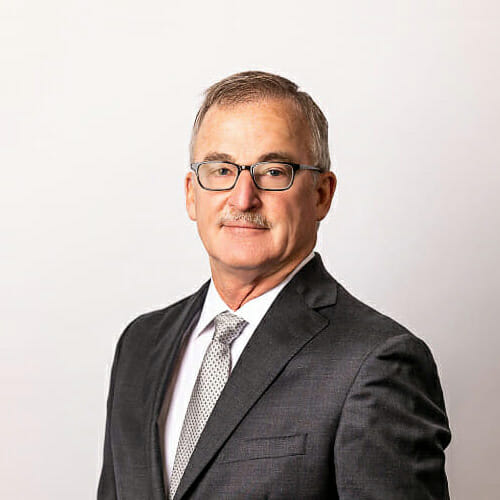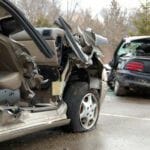GPS: Blessing and Bane
July 24, 2015 / Vehicle Accidents
In a few short years, GPS systems and satellite navigation have changed our lives in fundamental ways. Some of us couldn’t get ten miles up the road without it. No more checking paper maps en route, or printing online maps and directions before we take a road trip. It’s a good thing to have when you are traveling in unfamiliar areas, especially when you have the step-by-step audio guidance so common these days. Theoretically, you can keep your eyes on the road and your mind on your driving.
What is GPS?
GPS stands for Global Positioning System, which means a group of satellites that communicate with your device to determine location. These satellites can often pinpoint your location within 50 yards, sometimes even more closely, and can route you to your chosen destination with relative ease. The systems are often voice-activated and provide you with audio step-by-step directions, so that you don’t have to look at the screen. No more fumbling with paper maps or pulling over to check where you are.
Reasons Why You Might Be Better Off With a GPS System
GPS can be a true boon if you are driving any distance. With a GPS system:
- You have a decent idea of where you’re going. If you miss a turn, GPS will recalibrate and provide you with new directions.
- You don’t have to deal with maps, which can distract you. Some people find reading maps stressful or confusing as well.
- You are usually provided with up-to-date traffic information, helping you in situations of poor visibility or night driving.
- You usually know which lane to be in for your exit, because GPS will tell you, avoiding last-minute lane changes which can cause accidents.
If GPS Is So Great, How Does It Cause Accidents?
Despite its advantages, GPS can cause accidents in a number of ways. Sometimes drivers might:
- Follow the directions blindly without checking their surroundings. We’ve all read the stories of people who, with tragic results, drove into a lake or drove off a closed bridge.
- Forget that GPS systems aren’t perfect. The system could be accessing outdated maps, could be unaware of recent road changes, or could be confusing natural hazards, such as lakes or rough terrain, with roads.
- Pay too much attention to the device, its screen, or try to reprogram it while driving, creating a distracted-driving situation.
Tips for Safer GPS Usage
Some ways to use your GPS system safely include:
- Never program the GPS while you are driving. Ask passengers to reprogram the system if that becomes necessary, or pull over to do so if you are alone.
- Keep in mind that not all roads listed in a GPS system are necessarily open roads, public roads, or safe roads. If you think a direction will take you the wrong way down a street or highway, or into danger, follow your intuition.
- Learn to rely on the voice directions—don’t ever mute them. Not using voice directions means you will be “driving distracted” because you are relying on the screen.
- Remain aware of your surroundings and don’t blindly follow directions at night or in reduced visibility situations.
Remember, always use common sense when interacting with GPS navigational systems.
Serving accident victims in Indiana since 1981.
The laws surrounding GPS systems and their role in car accidents are evolving. If you think you might have a case, keep in mind that in Indiana there is a statute of limitations – or a deadline – for filing personal injury claims, so it is unwise to delay. If you were injured as a result of someone else’s negligence, you deserve compensation. Don’t lose the opportunity to obtain the money you need to put your life back on track and to make your family’s future financially secure. Call Mike Stephenson at 1-317-825-5200 or contact us for immediate help. Stephenson Rife. Trusted advisors. Proven advocates.

 Mike Stephenson has 40 years of experience and is a trusted advisor to many individuals and companies. His current practice is dominated by civil litigation in state and federal courts. He focuses much of his time on handling catastrophic injuries caused by all types of accidents, including motor vehicle, trucking, workplace injuries, product liability, and fire, just to name a few. He also works extensively in construction accidents. [
Mike Stephenson has 40 years of experience and is a trusted advisor to many individuals and companies. His current practice is dominated by civil litigation in state and federal courts. He focuses much of his time on handling catastrophic injuries caused by all types of accidents, including motor vehicle, trucking, workplace injuries, product liability, and fire, just to name a few. He also works extensively in construction accidents. [ 